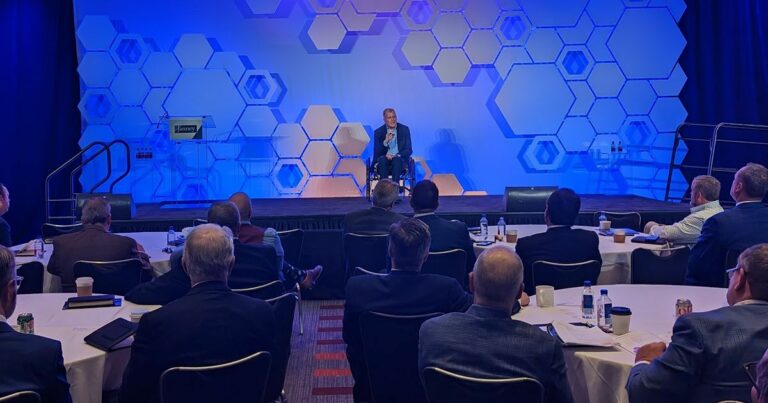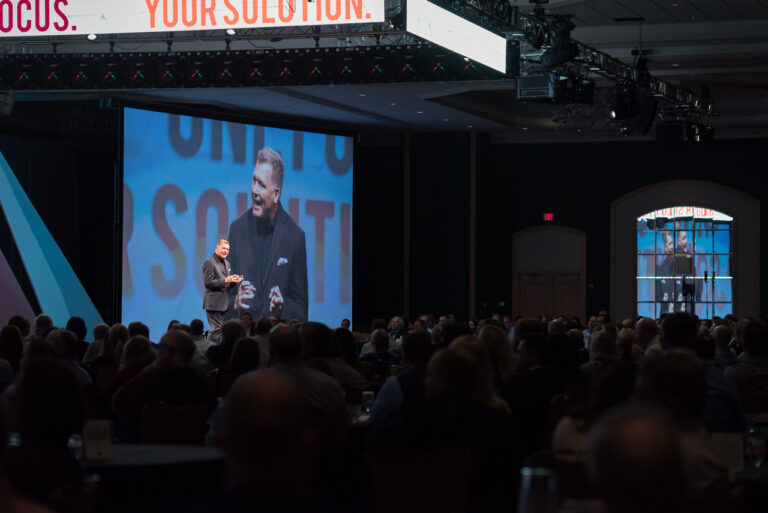How to Develop Greater Business Resilience
A recent article published by McKinsey & Company touches on many points I make to my audiences as a business resilience speaker. The following point was interesting, especially as businesses are all struggling with adversity:
Optimal crisis preparedness includes defensive measures such as buffers and financial reserves but equally important are active response capabilities. These allow organizations to quickly adapt, grow into the new conditions and move fast on new opportunities. Crises have accelerated the growth of the digital economy, with more organizational and societal buy-in for remote meetings, cloud computing, and digital banking.”
While it is a given that cash reserves are essential to weather the storm, as important in my opinion as a business resilience speaker, is that organizations must adopt a mindset of being able to quickly adapt and to seize on new ideas, emerging opportunities and new circumstances in their markets.
How to develop resilience?
In September 2021, as business was emerging from the rubble of the pandemic, the Forbes business council gathered to develop 15 strategies to improve resilience. What interested me was that the suggestions weren’t based on capital so much as people. To reiterate what I consider seven of the most important points of the piece, resilient businesses must: Develop strong team relationships; allow wide-open communication; foster a transparent and inclusive culture; ensure airtight operational structures; share employee stories; prioritize autonomy and my favorite, demonstrate an agile mindset.
Indeed, a company that has developed a comprehensive vision of valuing one another, sharing a common purpose and allowing individual autonomy can be powerful in overcoming adversity and building a sense of resilience.
In reviewing both articles that I have included in this business resilience post, it can be easily seen that adaptation (flexibility), inclusion and respect are essential for allowing resilience. The most valuable commodity of any organization going through change is neither its technology nor its cash reserves, but its people. How a company treats its employees, bottom to top, how it honors them, celebrates their diversity and listens to their voices, is essential.
The question is if the vision of achieving business resilience is nurtured in the organization – or not. The Great Resignation where hundreds of thousands of employees walked-away from jobs and careers was a long time in developing. My belief, as a business resilience speaker, is that companies that traditionally did the least for its employees, were the hardest hit by walkouts. In those organizations, there was no thought to resilience but rather, clinging to inflexibility.
If an organization lacks the “agile mindset” to champion its people, to celebrate adaptability by empowering everyone, to listen to all voices and respect those voices, it will not succeed in the future.
Employers wanting more resilient companies must elevate their people and honor the contributions of everyone. This brings employers back to the question of why greater business resilience is not always seen as an opportunity for growth. I believe it is fear.
Have the vision to overcome those fears. Your organization may find that often, the voices that have been kept the most silent, might well have the most brilliant ideas and contributions beyond imagination.
Scott Burrows, Business Resilience Speaker. For more information, please contact Scott today or through this website or for more immediate attention at: 520 – 548 – 1169.



